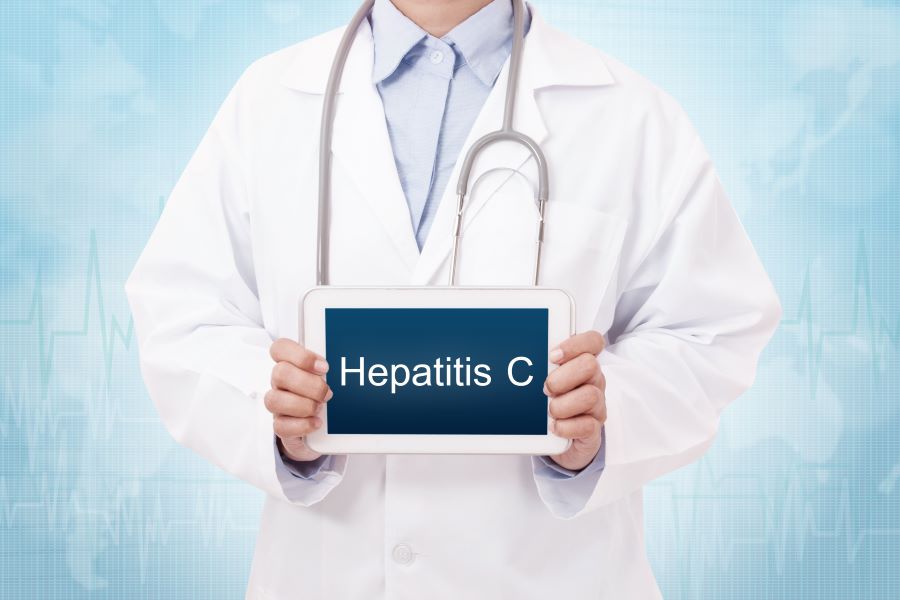How Hepatitis C can Affect Your Pregnancy


Hepatitis C is a virus that infects about 1.5 percent of people, with that number being much higher in certain high-risk groups (such as sex workers and intravenous drug users). This infection can certainly have long-term effects on a woman’s health, but her baby can be affected, too.
The hepatitis C virus is spread mainly through the blood. These routes include sharing contaminated needles, receiving a blood transfusion with blood infected with the virus, and using a razor that has the blood of someone infected with hepatitis C on it (among other shared household products). It can also be spread through sexual contact, though this is more difficult. Babies can also become infected during the birth process if their mother is infected.
Hepatitis C is asymptomatic (that is, there are no obvious signs) in about 75 percent of patients. Of those who do show symptoms, signs can include jaundice, fatigue, loss of appetite, abdominal pain, and nausea and vomiting.
About 50 percent of people will develop chronic hepatitis C, which means that their body cannot fully get rid of it. And of that 50 percent, about 20 percent will go on to develop a liver disease known as cirrhosis, which can play a role in developing cancer of the liver.
A simple blood test can be done to diagnose hepatitis C by looking for antibodies against the virus in the bloodstream. Liver function tests can be followed over time to check on liver function, and the amount of virus present in the bloodstream (known as the viral load) can also be followed to know just how much virus is present in a person’s body.
Pregnant women who are chronic carriers of hepatitis C should be counseled against sharing needles and other household items that come into contact with blood and should be advised to practice safe sex. They should also be made aware that it is possible to spread the virus to their baby during childbirth. About 2-8 percent of babies born to infected moms will become infected themselves, and the higher the viral load at the time of delivery, the higher this chance is.
There is no benefit to having a C-section to prevent spreading the virus to the baby during birth, as no studies have shown this is protective to the baby. In addition, it is important to note that breastfeeding is still considered safe in women with hepatitis C, as doing so will not increase a baby’s risk of getting the virus.
Babies born to moms with hepatitis C will usually be screened at about 18 months of age. While this seems like a long time to wait, it is because screening sooner can result in a falsely positive test.
Sources:
- The American College of Obstetricians and Gynecologists
- Practice Bulletin #86: Viral hepatitis in pregnancy.
The American College of Obstetricians and Gynecologists - FAQ# 93: Hepatitis B and C in pregnancy.
Powered by Bundoo®










































